The trend of finding green industrial parks as a destination is increasing and directing industrial real estate developers towards green standards.
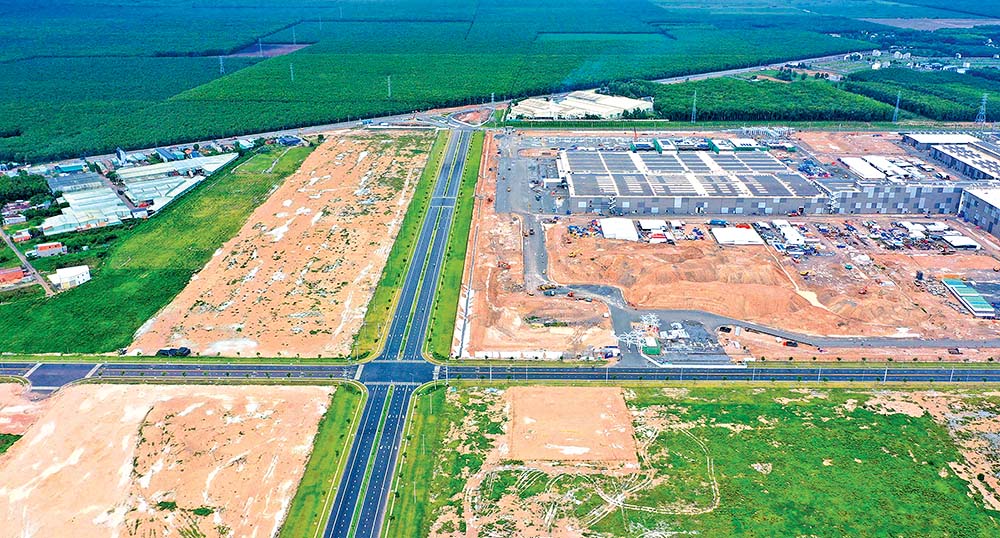 |
| VSIP Industrial Park in Binh Duong. Photo: Le Toan |
Choose green industrial park as a destination
“To develop a green industrial park, investment costs will increase and this will affect the selling price as well as the rental price. However, these green standards are Frasers’ competitive advantage in the market,” said Mr. Truong An Duong, Director of Residential Real Estate, Frasers Property Vietnam, in response to a question about the competitive advantages of green industrial parks compared to traditional industrial parks.
According to Mr. Duong, recently, there have been continued positive signals from foreign investors interested in taking advantage of Vietnam's advantages in production. In particular, international investors tend to seek and choose partners with the same standards of sustainable development, environmental protection and labor safety.
Observing the tastes of foreign investors, Mr. John Campbell, Deputy Director, Head of Industrial Services, Savills Vietnam said that in the past, industrial land tenants did not ask much about green factors, but now it is different.
“We are receiving many requests from customers from Europe such as Germany, France and the US interested in sustainable industrial parks,” Mr. John Campbell shared.
With the theme “Greening to welcome new investment waves”, the 4th Vietnam Industrial Real Estate Forum 2024 organized by Dau Tu Newspaper under the auspices of the Ministry of Planning and Investment and the coordination of the Vietnam Industrial Real Estate Association (VIREA), will take place at Mai House Saigon Hotel, Ho Chi Minh City on Tuesday (July 30, 2024).
Within the framework of the Forum, the “For a Green Future” (VIPF Green Future Awards) will be held to encourage and honor investors with strategies to develop ecological industrial parks, green industrial parks, as well as secondary investors leasing land in industrial parks with green development strategies, using clean energy, sustainable infrastructure, smart water management and resources in the ecosystem, contributing to promoting the trend of sustainable development. The deadline for receiving registration documents is July 10, 2024.
For more information about the Forum and the Poll, please visit: https://vipf.vir.com.vn/
JLL data shows that 87% of property occupiers surveyed across Asia Pacific are targeting 100% green-certified portfolios by 2030, up from 4% of certified portfolios today. This sentiment is particularly evident in India, Malaysia and Thailand, where more than 95% of property occupiers are targeting 100% green-certified portfolios.
According to JLL, more companies are adopting sustainability strategies such as energy audits, sustainable interiors and green leases to create sustainable workplaces. Or in the energy sector, 74% of tenants expect half of their energy needs to be met by renewable energy, compared to 9% from renewable sources today.
In Vietnam, renewable energy is increasingly being noticed and widely deployed in industrial zones, typically rooftop solar power, to reduce dependence on traditional power sources, as well as better meet the requirements of green development. Up to now, green transformation has become an inherent requirement of businesses, an inevitable trend, instead of an option as before.
Occupiers are navigating through effective planning across the real estate value chain, leading to closer collaboration with stakeholders such as landlords, investors, technology partners and city authorities, said Elke Kornalijnslijper, Head of Sustainability Consulting, JLL Asia Pacific.
“As companies move beyond making commitments, we will increasingly see a shift in thinking from ‘how much will a green portfolio cost the company’ to ‘how much will not investing in creating a green portfolio cost the company’,” said Elke Kornalijnslijper.
The way to go
According to experts, the trend of developing green industrial parks is gradually attracting many investors towards green and sustainable factors. Building green industrial parks to attract investment capital into green industry is a common trend, a mandatory path for industrial real estate developers to follow, not simply a choice.
Mr. Pham Hong Diep, Chairman of the Board of Directors of Shinec Joint Stock Company, said that Nam Cau Kien Industrial Park has been filled up to 80%, although the land rental price here is higher than the general level, thanks to the strict requirements in developing ecological industrial parks. Shinec also recently announced the Shinec Sustainable Development Report, with a vision to 2030 to develop 3,500 hectares of land fund for industrial park projects and industrial clusters integrating sustainable criteria according to ESG orientation.
Shinec will apply the above report to all industrial parks and industrial clusters invested or co-invested by Shinec. “This is one of Shinec’s efforts to realize its green aspirations,” said Mr. Diep.
In fact, although there has not been an explosion in quantity, it is noted that the increasing demand and impact of ESG standards are motivating real estate developers to invest more and more in green factors.
For example, Logos, SLP, Emergent, Frasers and other pre-built developers are incorporating energy-saving measures such as floodlighting, solar power and other features to make their buildings greener. Most of these developers are also achieving green certifications such as Leed, Lotus and Edge for their facilities.
However, according to experts from JLL, simply being “green” is not enough for most industrial park developers. They want to build sustainable ecosystems. For example, DeepC and VSIP lead the way in sustainability by incorporating many environmentally friendly activities, such as renewable energy, arable land and water conservation.
Regulatory requirements, such as Corporate Sustainability Reporting (CSRD) and the Carbon Border Adjustment Mechanism (CBAM), are pushing manufacturers to adopt sustainable practices to maintain business relationships with international partners.
“Adopting ESG practices benefits manufacturers and developers by boosting market appeal, reducing costs and avoiding potential penalties. A greater focus on sustainability helps manufacturers and developers stay relevant and position themselves for success in an increasingly sustainability-driven world,” JLL said.
Source: https://baodautu.vn/batdongsan/khach-thue-dieu-huong-phat-trien-khu-cong-nghiep-d220114.html



![[Photo] Moment of love: Myanmar people are moved to thank Vietnamese soldiers](https://vstatic.vietnam.vn/vietnam/resource/IMAGE/2025/4/3/9b2e07196eb14aa5aacb1bc9e067ae6f)
![[Photo] Prime Minister Pham Minh Chinh chairs meeting after US announces reciprocal tariffs](https://vstatic.vietnam.vn/vietnam/resource/IMAGE/2025/4/3/ee90a2786c0a45d7868de039cef4a712)

![[Photo] Special relics at the Vietnam Military History Museum associated with the heroic April 30th](https://vstatic.vietnam.vn/vietnam/resource/IMAGE/2025/4/3/a49d65b17b804e398de42bc2caba8368)
![[Photo] General Secretary To Lam receives Japanese Ambassador to Vietnam Ito Naoki](https://vstatic.vietnam.vn/vietnam/resource/IMAGE/2025/4/3/3a5d233bc09d4928ac9bfed97674be98)
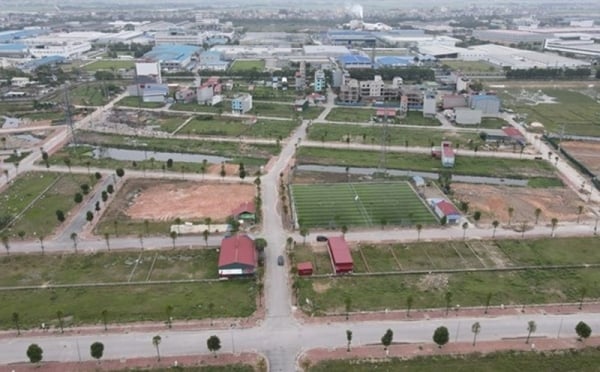

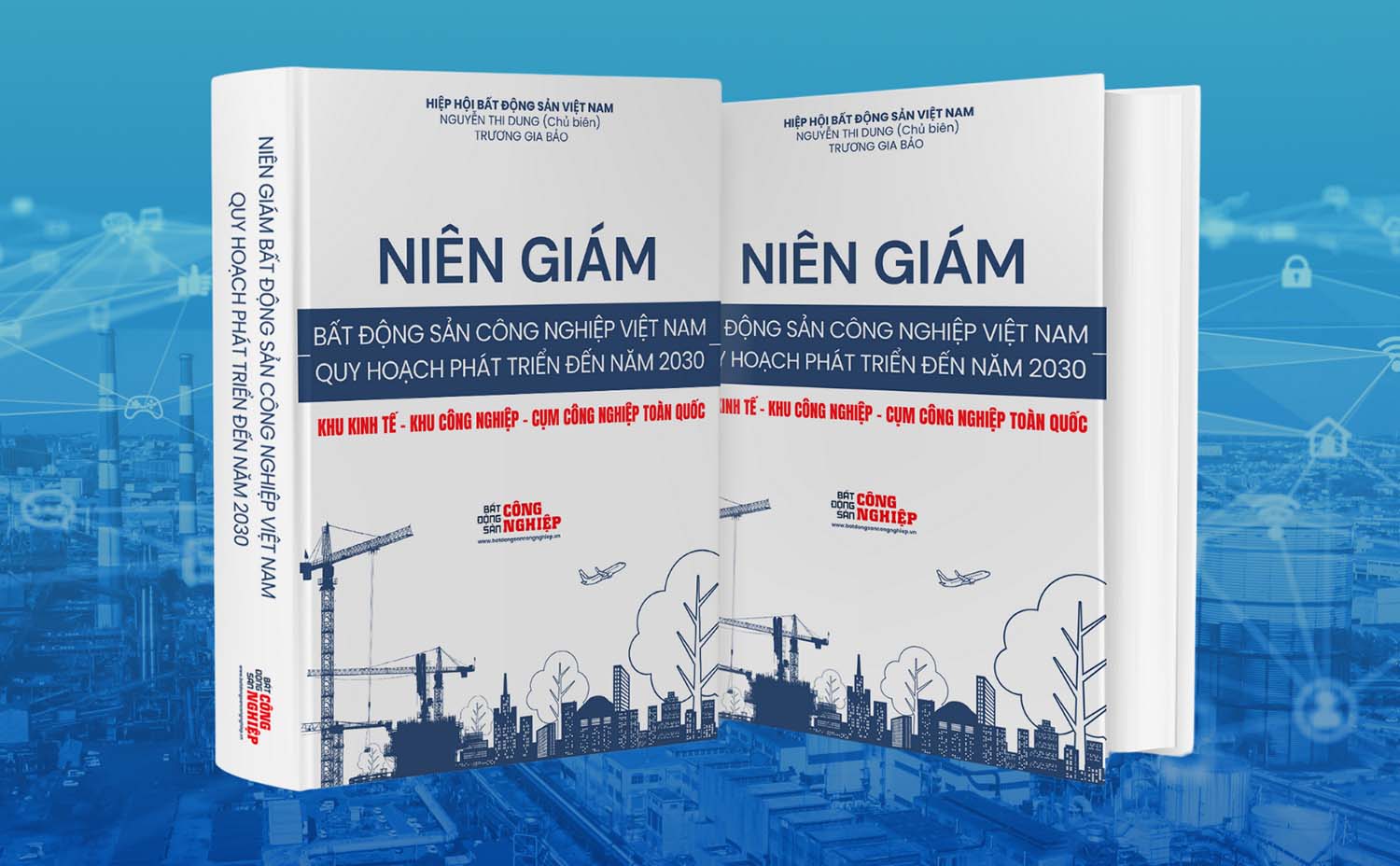
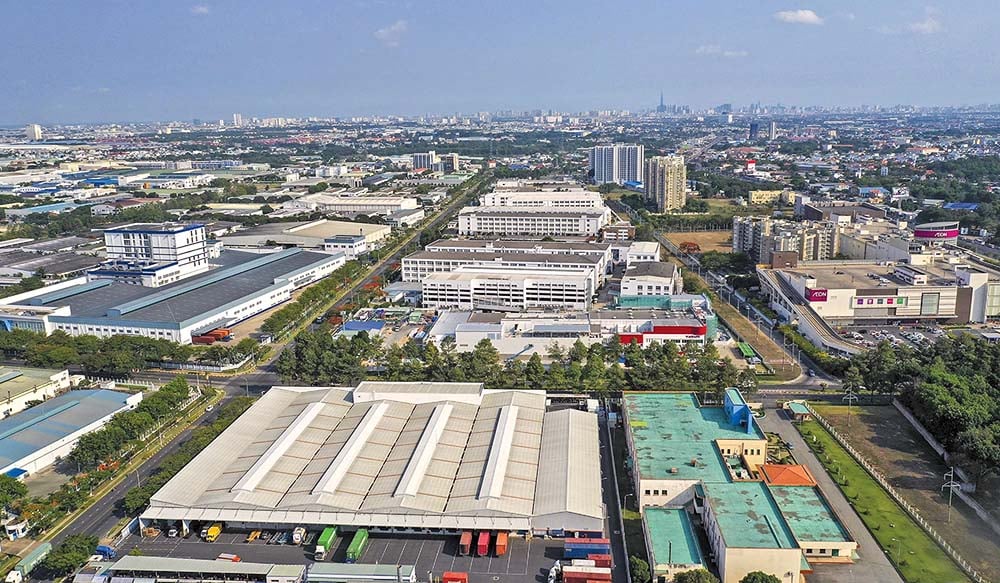
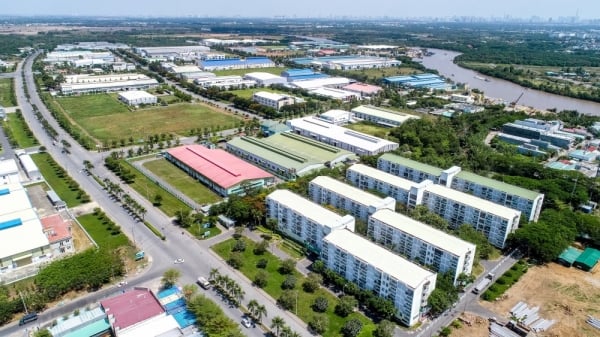
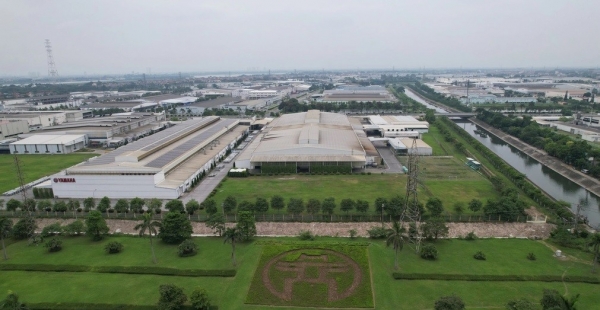
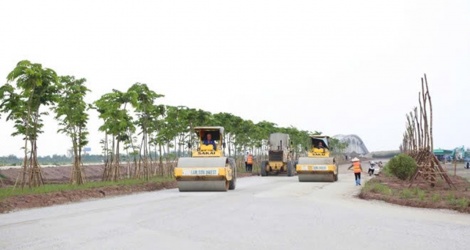

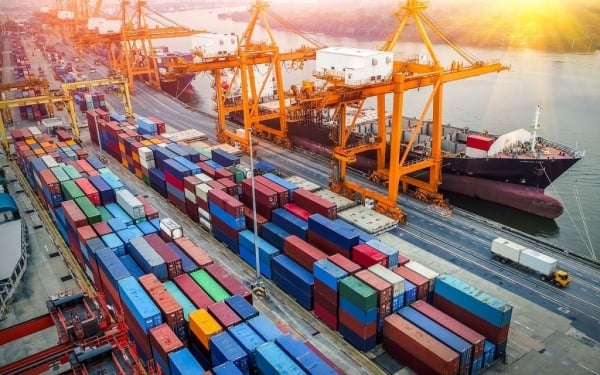
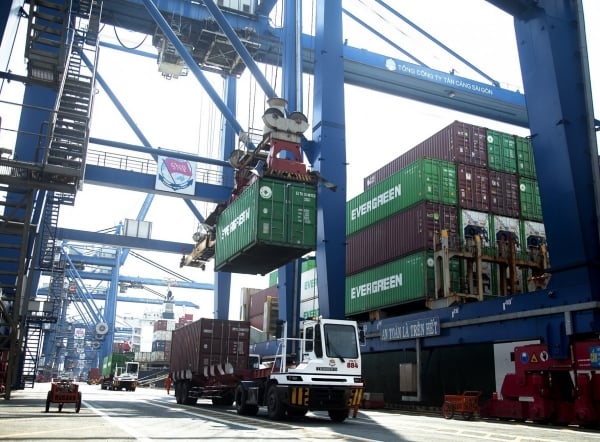
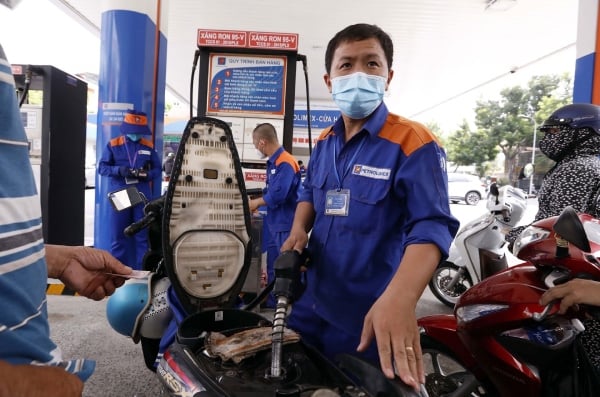
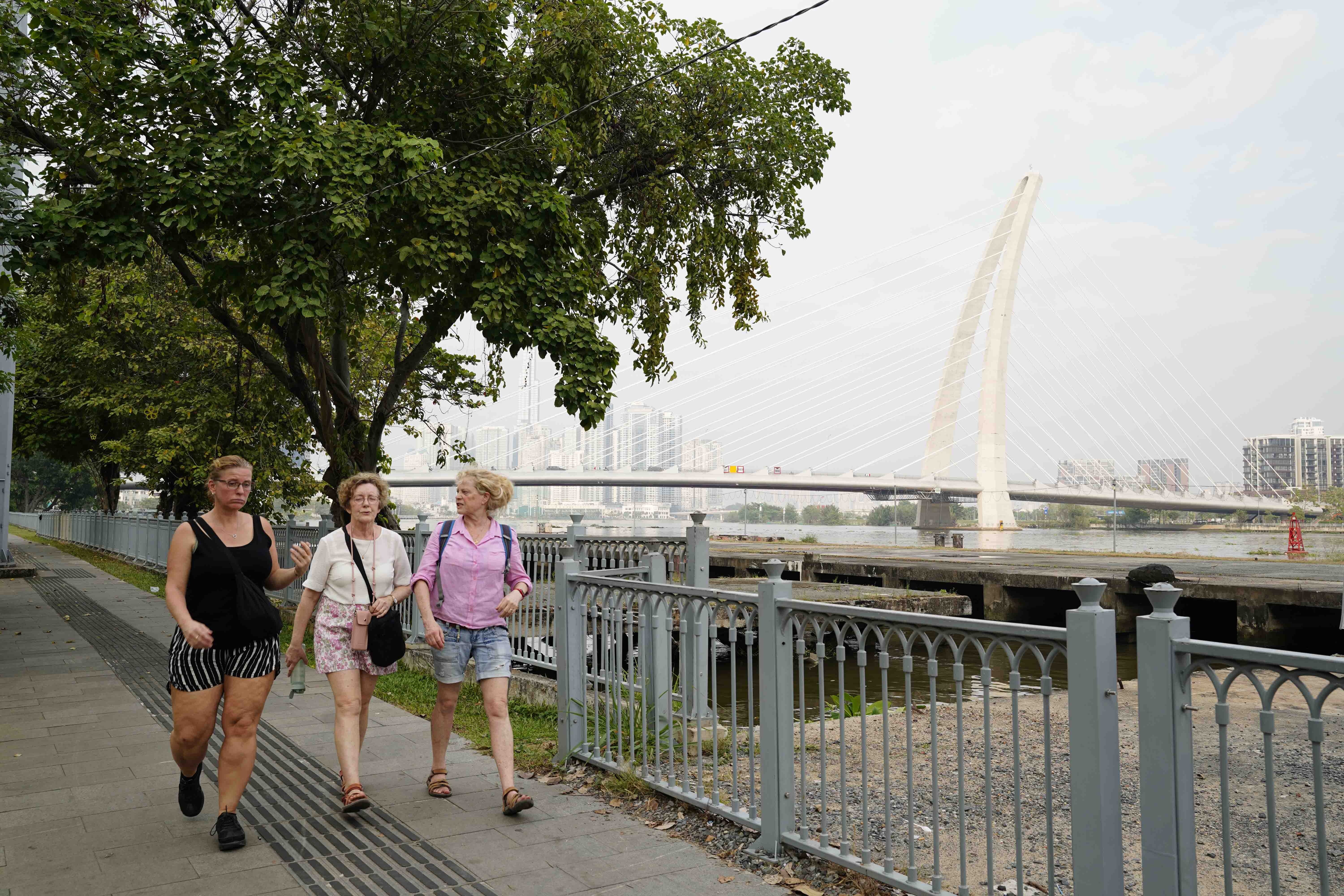
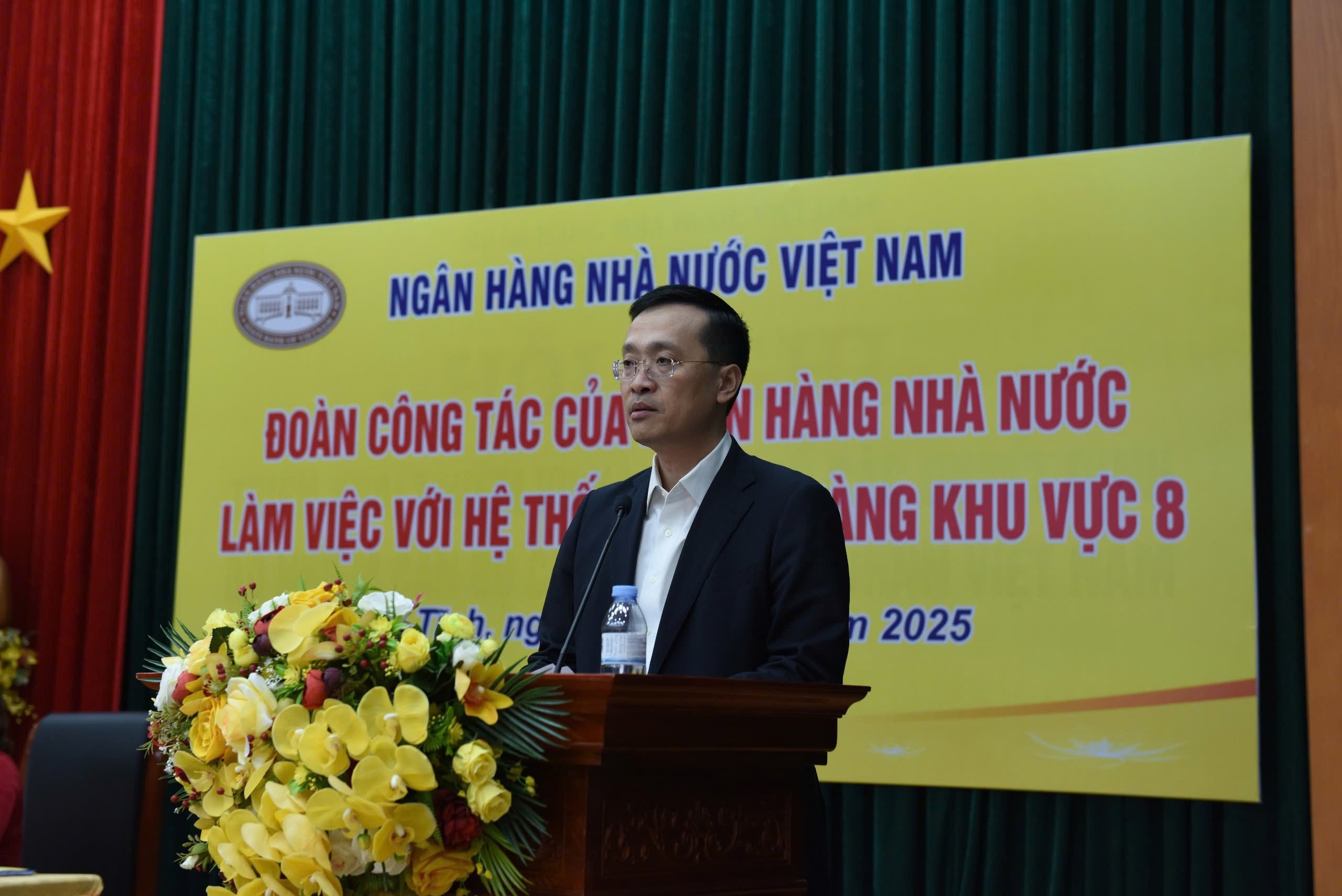
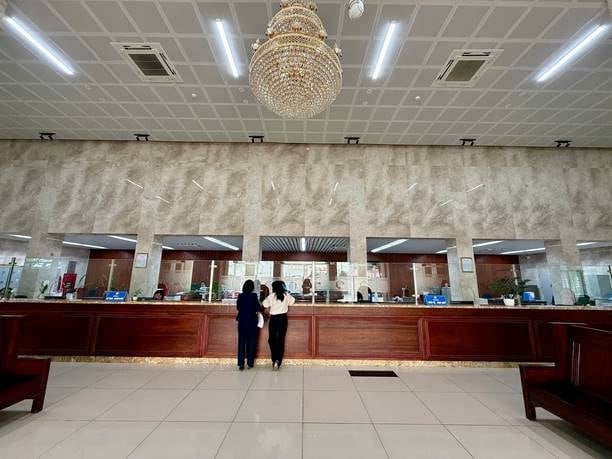




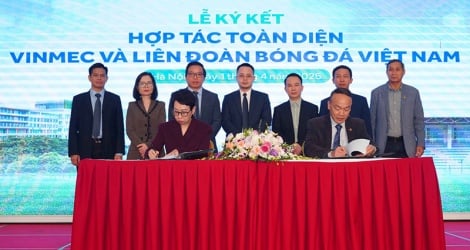



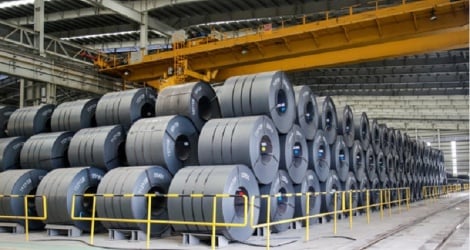
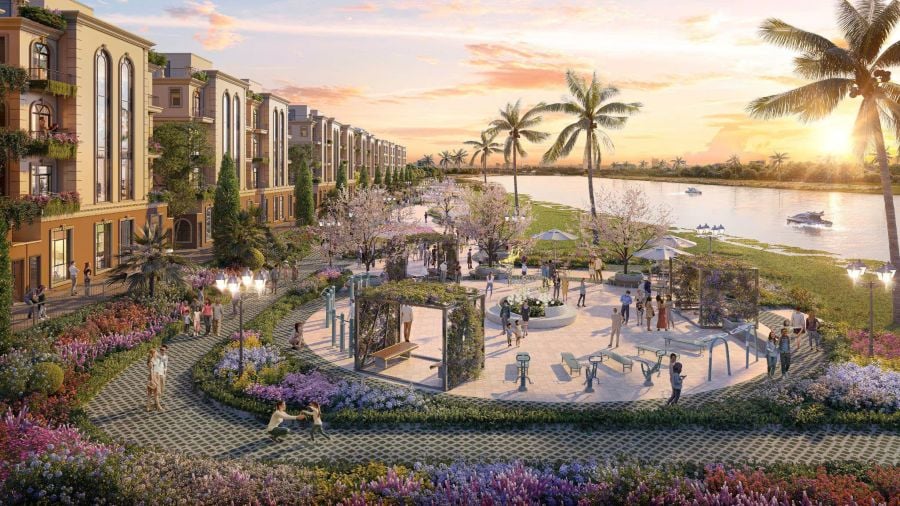



































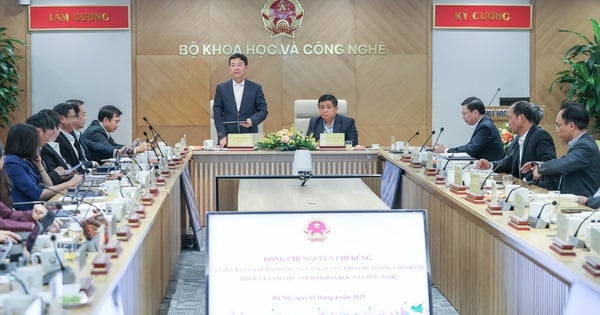



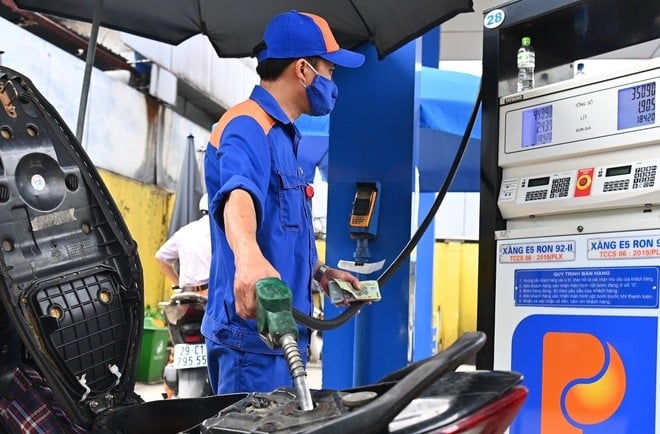

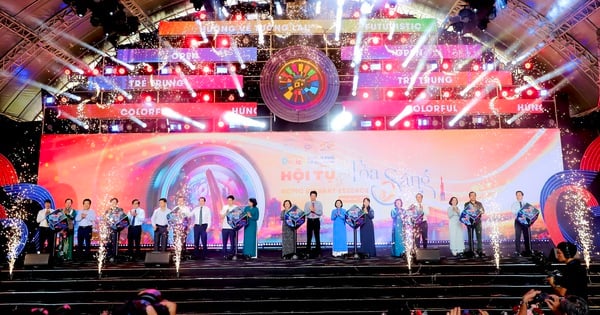
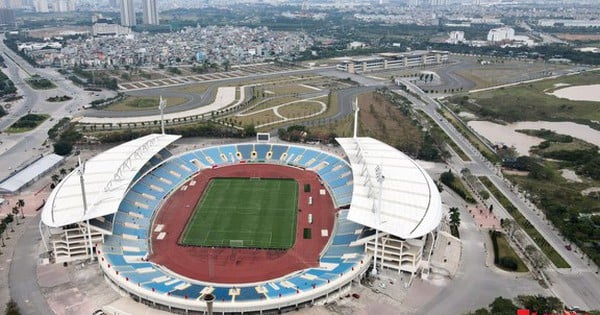
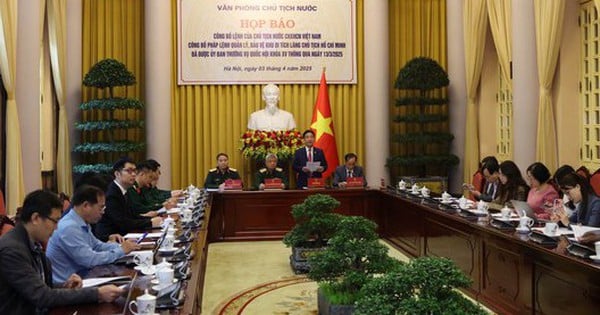
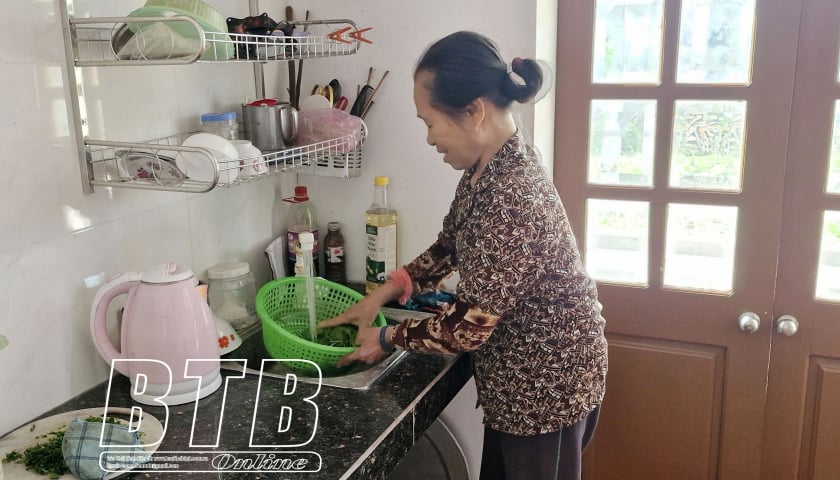



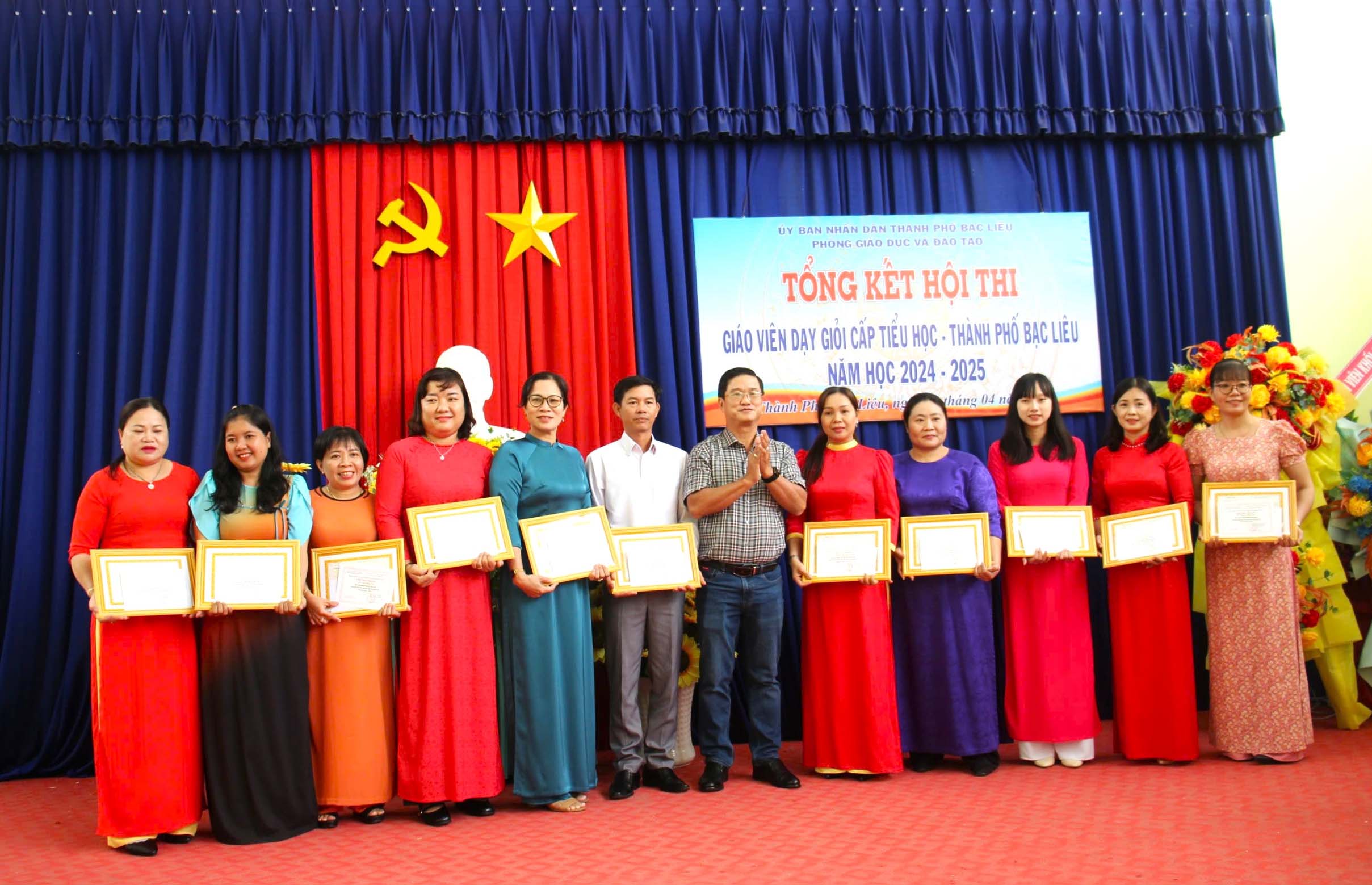
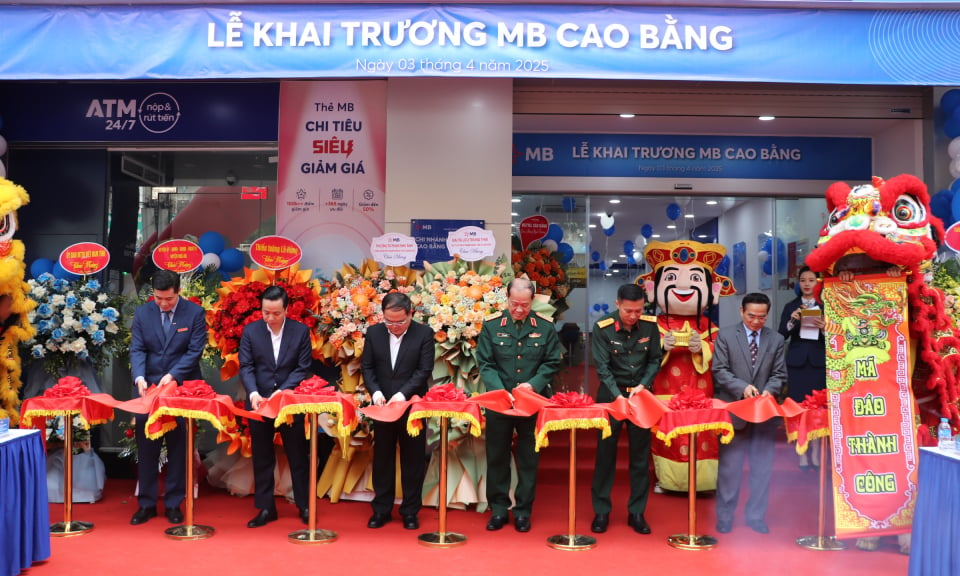
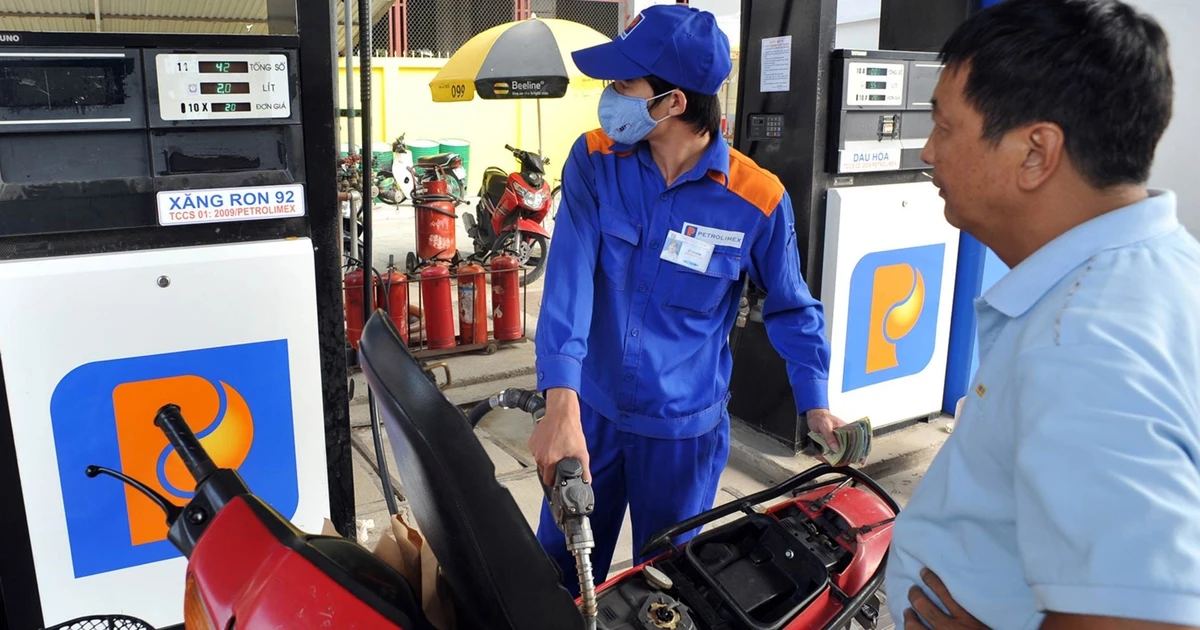












Comment (0)